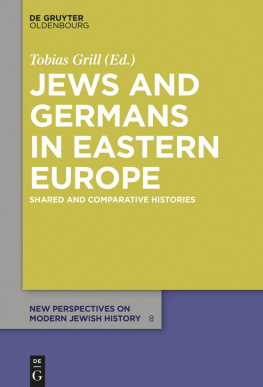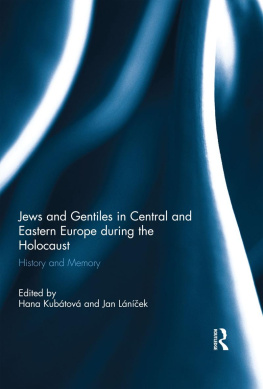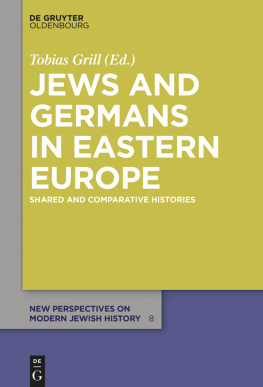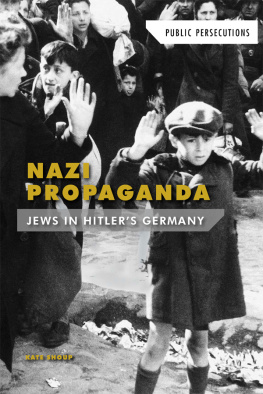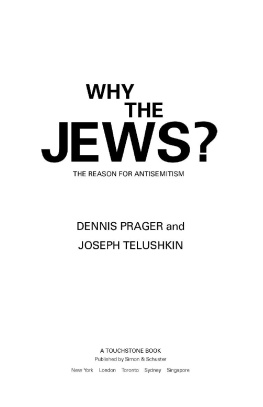Scott Ury - Cosmopolitanism, Nationalism and the Jews of East Central Europe
Here you can read online Scott Ury - Cosmopolitanism, Nationalism and the Jews of East Central Europe full text of the book (entire story) in english for free. Download pdf and epub, get meaning, cover and reviews about this ebook. year: 2014, publisher: Routledge, genre: History. Description of the work, (preface) as well as reviews are available. Best literature library LitArk.com created for fans of good reading and offers a wide selection of genres:
Romance novel
Science fiction
Adventure
Detective
Science
History
Home and family
Prose
Art
Politics
Computer
Non-fiction
Religion
Business
Children
Humor
Choose a favorite category and find really read worthwhile books. Enjoy immersion in the world of imagination, feel the emotions of the characters or learn something new for yourself, make an fascinating discovery.

- Book:Cosmopolitanism, Nationalism and the Jews of East Central Europe
- Author:
- Publisher:Routledge
- Genre:
- Year:2014
- Rating:4 / 5
- Favourites:Add to favourites
- Your mark:
Cosmopolitanism, Nationalism and the Jews of East Central Europe: summary, description and annotation
We offer to read an annotation, description, summary or preface (depends on what the author of the book "Cosmopolitanism, Nationalism and the Jews of East Central Europe" wrote himself). If you haven't found the necessary information about the book — write in the comments, we will try to find it.
Since ancient times, Jews have had a long and tangled relationship to cosmopolitanism. Torn between a longstanding commitment to other Jews and the pressure to integrate into various host societies, many Jews have sought a third, seemingly neutral option, that of becoming citizens of the world: cosmopolitans. Few regions witnessed such intense debates on these questions as the lands of East Central Europe as they entered the modern era. From Berlin to Moscow and from Vilna to Bucharest, the Jews of East Central Europe were repeatedly torn between people, nation and the world. While many Jews and individuals of Jewish descent embraced cosmopolitan ideologies and movements across the span of the nineteenth century, such appeals to transcend the nation became increasingly suspect with the rise of integral nationalism. In Germany, Poland, Russia and other lands, Jews and other supporters of cosmopolitan movements were marginalized during the late nineteenth and early twentieth centuries. Although such sentiments reached their peak during the Second World War, anti-cosmopolitan propaganda continued throughout the Cold War when it often became an integral part of anti-Jewish campaigns in the Soviet Union, Czechoslovakia, Poland and Romania. Even after the end of the Cold War, the connection between Jews and cosmopolitanism continues to befuddle ideologues, cultural leaders and politicians in Europe, North America and Israel.
The twelve chapters amassed in this volume address these and other questions including: What lies at the roots of the longstanding connection between Jews and cosmopolitanism? How has this relationship changed over time? What can different cultural, economic and political developments teach us about the ongoing attraction and tension between Jews and cosmopolitanism? And, what can these test cases tell us about the future of Jews and cosmopolitanism in the twenty-first century?
This book was originally published as a special issue of the European Review of History.
Scott Ury: author's other books
Who wrote Cosmopolitanism, Nationalism and the Jews of East Central Europe? Find out the surname, the name of the author of the book and a list of all author's works by series.

